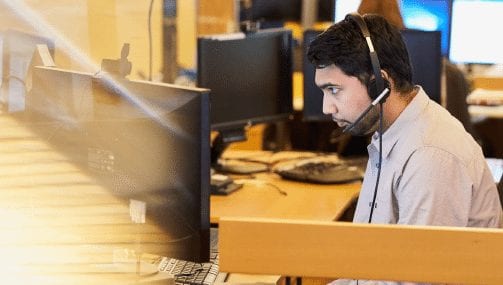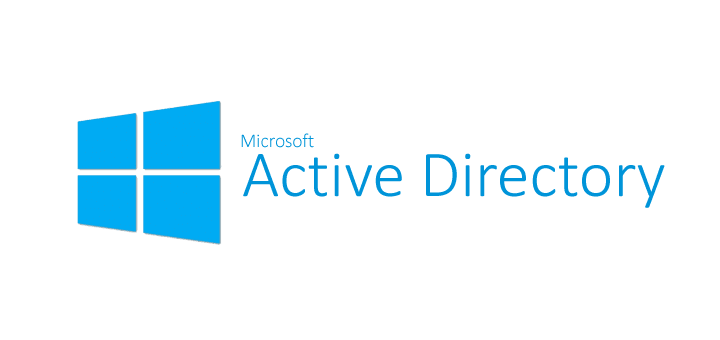Collaborating with Cities for Sustainability
As written on blogs.microsoft.com
Throughout the week here on our blog, we’ve highlighted many ways that Microsoft is working—through our staff and with our business and nonprofit partners around the world—to bring our tools and technology to bear in addressing some of the most pressing global challenges, such as increasing access to clean and affordable water, food and energy for people around the world.
Nowhere are those challenges more acute than in the world’s cities, where increasing population is placing a greater strain on limited economic and environmental resources and forcing cities to operate with greater and greater efficiency. It is forecasted that by 2050 more than 6 billion people, about 70 percent of the global population, will live in urban areas.
At Microsoft, we know that efficiency drives sustainability, and that by working closely with cities and partners we can develop technology-driven solutions to help communities cope with increasing strains on their resources. A few years ago, I was fortunate to work on our CityNext program—a program designed to help cities better manage their infrastructure. Through CityNext, our company has helped local communities cut costs and reduce their environmental impact by optimizing their city operations and transforming their management of key resources.
In Washington state, for example, Microsoft worked with Accenture and the City of Seattle to equip buildings with smart systems that helped improve energy conservation. Through the use of sensors and cloud technology, public buildings send energy consumption data to cloud-based reporting portals, allowing building managers to more easily monitor energy use, identify potential waste and make educated adjustments to improve energy efficiency. It’s a broader application of the same technology solution Microsoft developed to manage its own energy use at our 88-acre campus in Redmond, Washington.
In Finland, Microsoft worked with the City of Helsinki bus team and our tech partner CGI to develop a smarter transit system. We utilized the city’s existing warehouse systems to create a cloud-based solution for the collection and analysis of travel data. The city was then able to leverage this data to reduce its fuel costs and consumption, increase travel safety, and improve driver performance. These efforts also helped the city’s bus system compete for riders in a market already crowded with private vendors because of its enhanced efficiency.
In addition, in China Microsoft Research Lab Asia created a mapping tool called Urban Air that allows users to see, and even predict, air quality levels across 72 cities in China. The tool leverages big data and machine learning to provide real-time, detailed air quality information, to help inform local decision-making by both residents and governments. Citizens can easily check outdoor conditions via a mobile app that is used about three million times per day. And governments can use the data to figure out where traffic or factory production is causing the most pollution, and then take steps to help mitigate it.
Our work with cities and local communities continues to evolve as new opportunities arise. As we wrap up Earth Week here on Microsoft Green, we want to highlight a few recent examples of how our company and its employees are supporting local sustainability efforts in cities such as Chicago, Boston and San Francisco.
Chicago
In Chicago, Microsoft is helping the city design new ways to gather data and properly utilize predictive analytics in order to better address water, infrastructure, energy, and transportation challenges. Last fall, City Digital kicked off a pilot program to create an underground infrastructure mapping (UIM) platform that generates, organizes, visualizes, and stores 3D underground infrastructure data to help inform city planning.
Boston
In Boston, Microsoft is working to help spread information about the variety of urban farming programs in Boston, and the potential of AI and other technology to increase their impact. Microsoft’s Aimee Sprung is a member the Board of Overseers at Boston’s Museum of Science and recently spoke on a panel about “The Future of Your Food.”
San Francisco
In the Bay Area, Microsoft is working closely with our partner Athena Intelligence to use their data processing and visualization platform to gather valuable data about land, food, water and energy in order to improve local decision-making.
Continued Reading

April 23, 2017
New Signature helps businesses navigate opportunities to improve security and support today’s mobile workforce
[vc_row][vc_column][vc_column_text] New Signature helps businesses navigate opportunities to improve security and support today’s mobile […]
LEARN MOREProfessional Services

April 24, 2017
Tools like Active Directory and Azure Site Recovery Work Together To Prevent and Recover from Disaster
Active Directory Isn't Enough Identity and Access Management goes way […]
LEARN MOREProfessional Services


